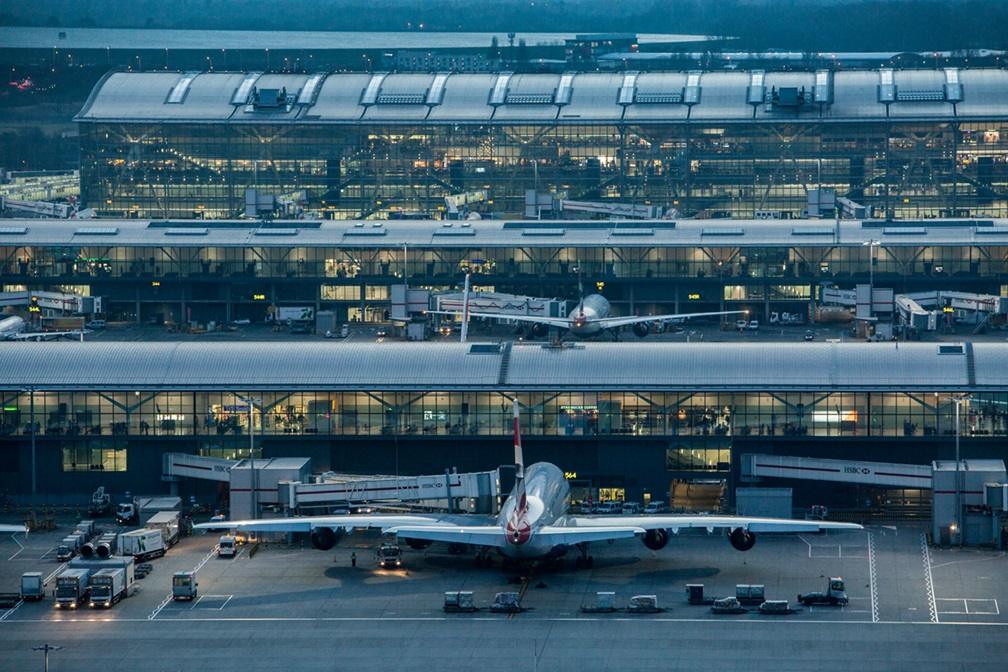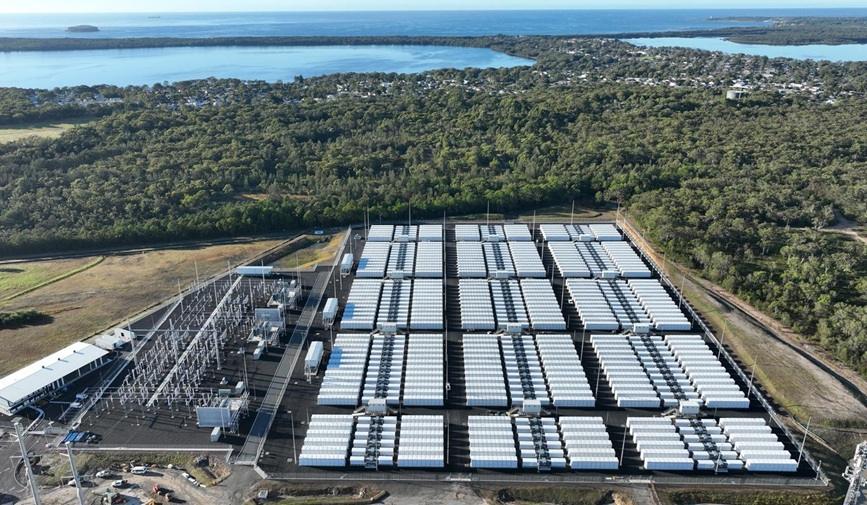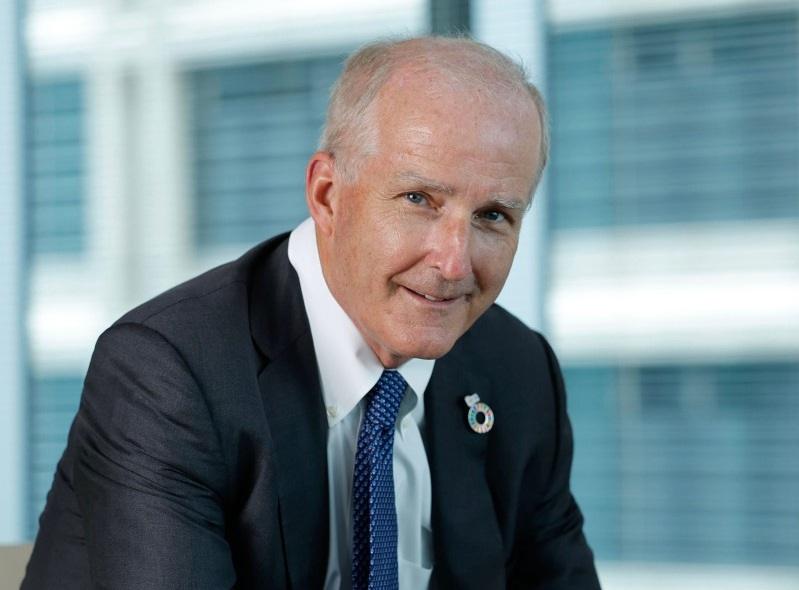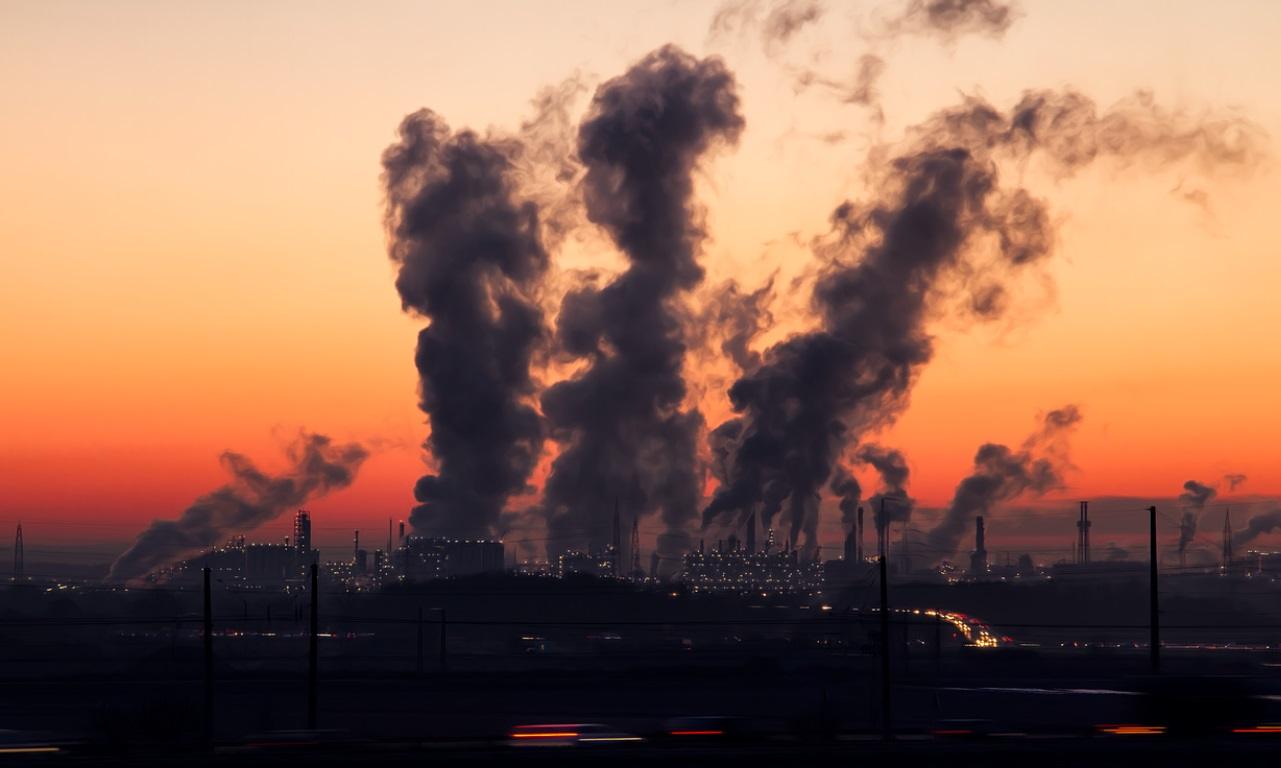Global Sustainable Aviation Fuel Production to Double in 2025, IATA Says
The International Air Transport Association (IATA) has announced that it expects sustainable aviation fuel (SAF) production to roughly double to reach two million tonnes this year, but noted that this accounts for just 0.7% of airlines’ total fuel consumption.
Fuel accounts for the vast majority of the aviation sector’s emissions. Generally produced from sustainable resources, like waste oils and agricultural residues, SAF is seen as one of the key tools to help decarbonize the aviation industry in the near- to medium-term. SAF producers estimate the fuels can result in lifecycle GHG emissions reductions of as much as 85% relative to conventional fuels.
Efforts to meaningfully increase the use of SAF by airlines face significant challenges, including the low supply currently available on the market, and prices currently well above those of conventional fossil-based fuels. Although SAF usage needs to vastly increase, the growing cost to airlines is proving to be an obstacle, according to the IATA.
Willie Walsh, IATA’s Director General, said:
“While it is encouraging that SAF production is expected to double to two million tonnes in 2025, that is just 0.7% of aviation’s total fuel needs. And even that relatively small amount will add $4.4 billion globally to the fuel bill. The pace of progress in ramping up production and gaining efficiencies to reduce costs must accelerate.”
Both the EU and UK’s SAF-focused mandates went live on 1 January. In Europe, this resulted in the cost of SAFs doubling, due to the associated compliance fees implemented by SAF producers and suppliers.
For the expected one million tonnes of SAF purchases required to meet European mandates in 2025, the expected cost at current market prices is $1.2 billion, with compliance costs estimated to add an additional $1.7 billion on top of market prices, according to the IATA.
Walsh continued:
“This highlights the problem with the implementation of mandates before there are sufficient market conditions and before safeguards are in place against unreasonable market practices that raise the cost of decarbonization. Raising the cost of the energy transition that is already estimated to be a staggering $4.7 trillion should not be the aim or the result of decarbonization policies. Europe needs to realize that its approach is not working and find another way.”
The IATA has urged governments to create more effective policies that support clean energy production – like SAFs – while decreasing support for fossil fuels, while also ensuring the success of the Carbon Offsetting and Reduction Scheme for International Aviation (CORSIA) by making Eligible Emissions Units (EEUs) available to airlines.
CORSIA was launched by the International Civil Aviation Organization (ICAO) in 2016 to address carbon emissions from international flights.
To support the global development of SAF, the IATA previously launched a SAF registry, which is managed by the Civil Aviation Decarbonization Organization (CADO). It introduced a more transparent and standardized system for tracking SAF purchases, usage and associated emissions reductions in line with existing regulations, such as the EU Emission Trading Scheme (ETS).
In addition, the IATA’s SAF Matchmaker aims to facilitate SAF procurement by aligning airline SAF requests with suppliers.






